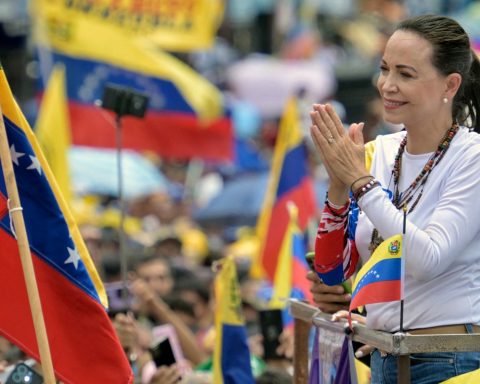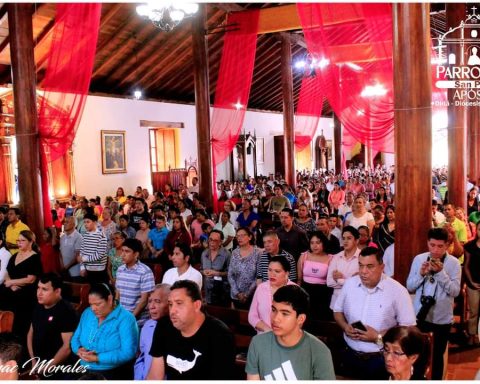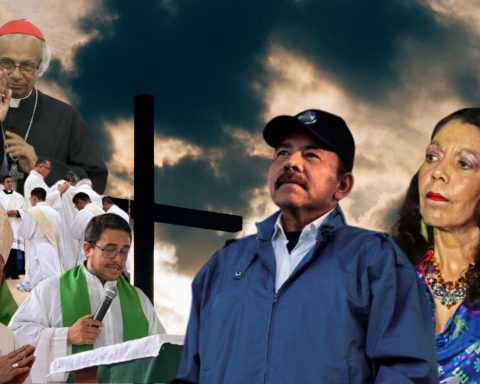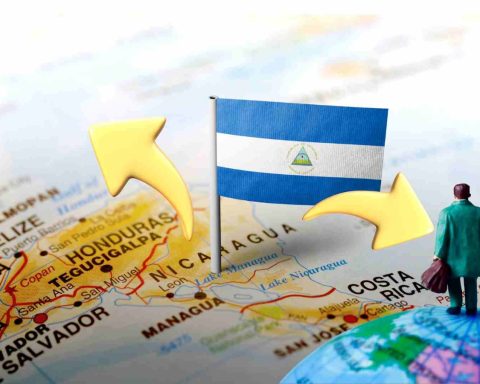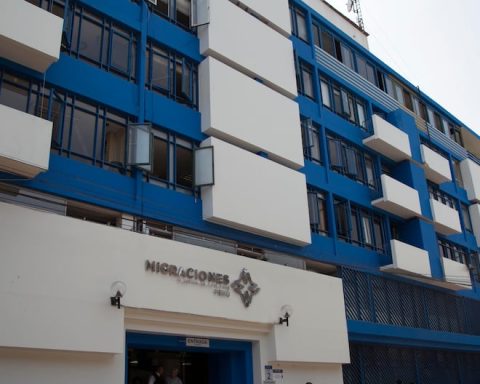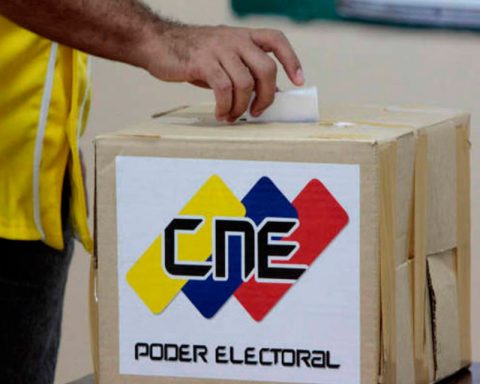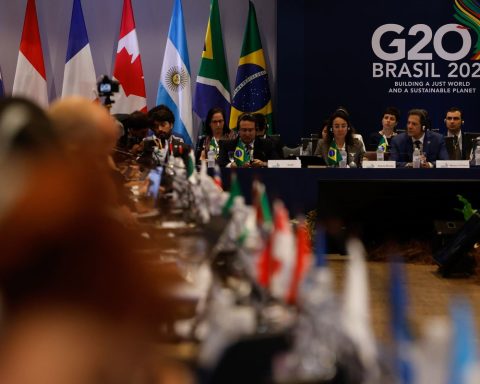The trial against the humanitarian parole, scheduled for June 13, was postponed until August 24. In this way, the program that benefits Nicaraguans, Venezuelans, Haitians and Cubans who wish to migrate to the United States legally remains in force.
The decision was made by the federal judge Drew B Tipton who indicated that the demand to freeze the implementation of the program will be analyzed as part of the trial no later than September 29, 2023.
Related news: Nicaragua ranks as the country with the highest number of favorable resolutions for humanitarian parole
The lawsuit against the Department of Homeland Security was filed on January 24 by 21 attorneys general from states governed by the Republican parties. According to international media, Tipton’s decision is made at the request of the parties in dispute, after considering the volume of evidence and witnesses in the case.
In the case of Nicaragua, opposition human rights defenders, including former politicians who were exiled on February 9, by order of the Daniel Ortega regime, have benefited from the humanitarian parole.
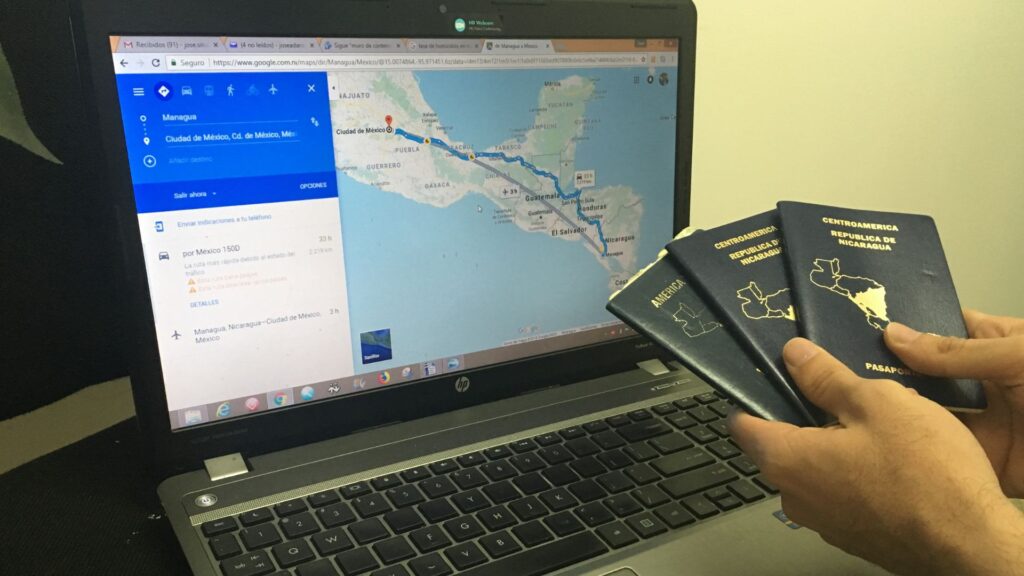
To date, the immigration authorities of the United States have received 1.5 million applications for humanitarian parole, of these only 100,000 applicants have come to realize their dream.
According to the American chain CBSNewsinternal documents from the US Department of Homeland Security indicated that as of late April the agency was receiving an average of nearly 12,000 requests per day from those seeking to sponsor Cubans, Haitians, Nicaraguans and Venezuelans.
Related news: The humanitarian parole, the United States program that has saved the lives of my compatriots
He also pointed out that more than 100,000 migrants have arrived in the United States under the sponsorship initiative, however the government was supervising more than 580,000 pending cases of Haitians, more than 380,000 Cubans, almost 120,000 Venezuelans and more than 20 thousand Nicaraguans, the latter with fewer requests but with the highest number of favorable resolutions.
A version of the humanitarian parole was made for the first time in October 2022, indicated only for Venezuelan migrants, who could travel with a sponsor, but in January of this year the initiative was expanded to include Cubans, Haitians and Nicaraguans, who were also trying to cross illegally through Mexico, setting a historical record in irregular migration that year.
